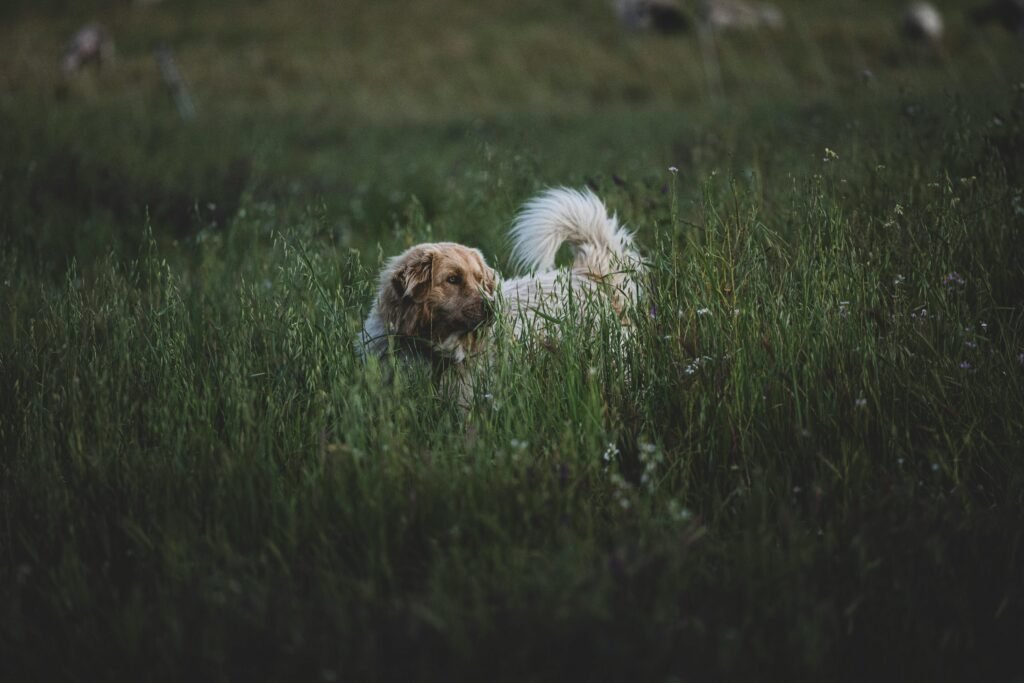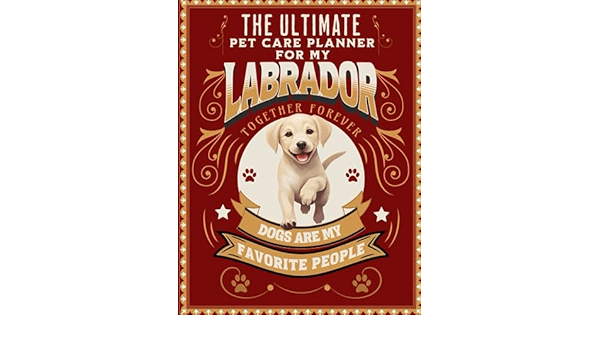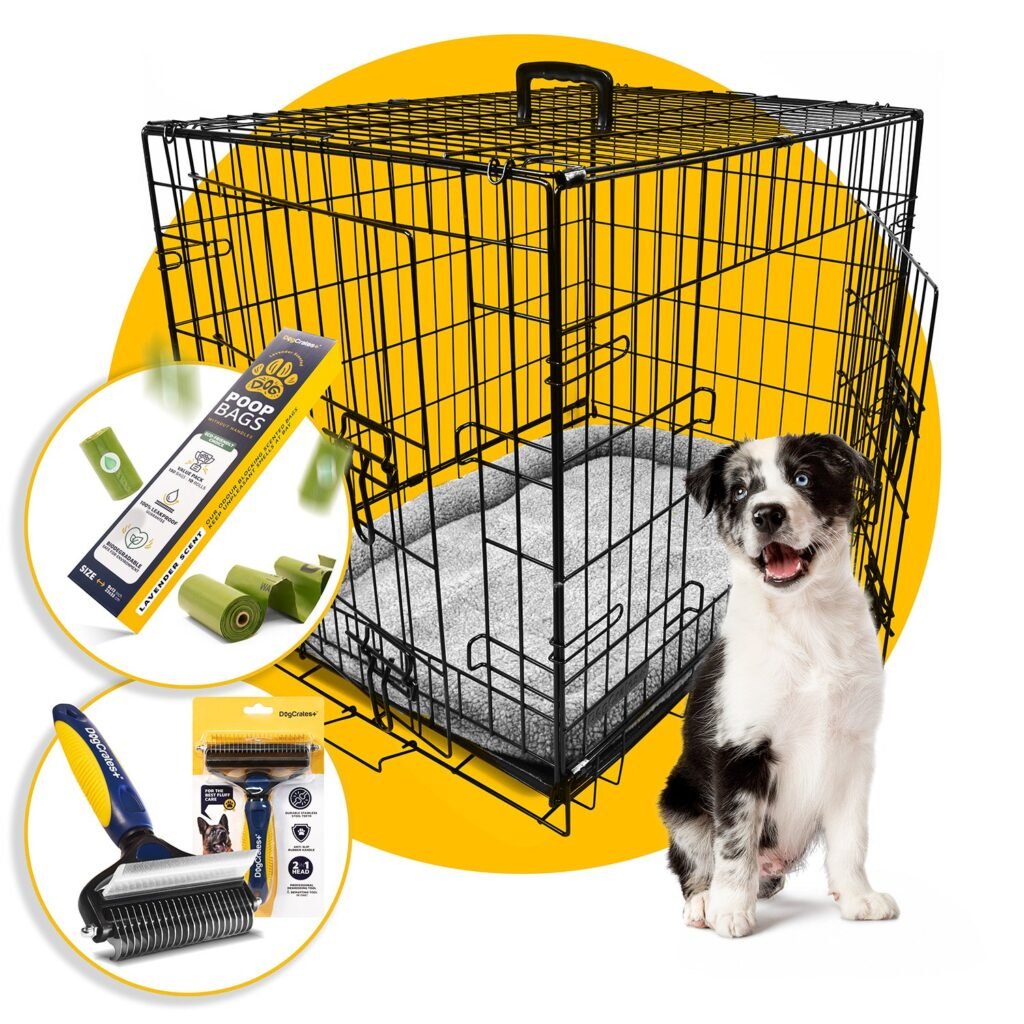So, have you ever found yourself wondering if you’re taking the best possible care of your pet’s health? Whether it’s your dog, cat, rabbit, or even a pet fish, pet health can be a labyrinth to navigate. I remember when I first became a pet owner, I was completely inundated with advice from every direction. Some things made sense, others seemed too complicated to be true. So, in an effort to make life a bit easier for you, let’s break it all down together in plain, simple, and hopefully relatable terms. After all, they’re more than just animals, they’re part of the family.
Understanding Basic Pet Health
Before we get into the nitty-gritty, let’s cover the basics. Good pet health covers both physical and mental aspects. Just like us, pets need:
- Proper nutrition
- Regular exercise
- Mental stimulation
- Preventative care
Nutrition: Feed Them Right
We can’t talk about pet health without diving into food. It’s easy to assume that all pet foods are created equal, but that’s as far from the truth as saying all fast food is nutritious. Look at the ingredients. Are they getting enough protein, vitamins, and minerals?
Dogs
Most dogs thrive on proteins and fats. Carbohydrates provide a quick source of energy but are not essential. Imagine your dog running around the park; they’d crash pretty quickly without sufficient protein. Look for whole meat products as the first ingredient.
Cats
Cats, being the mini-tigers that they are, are pure carnivores. They need high protein, moderate fat, and low carbohydrate diets. Ever noticed how a cat gets all predatory on a toy mouse? It’s in their DNA; they’re natural-born hunters needing specific nutrients.
Exercise: Keep Them Moving
Exercise is crucial. Not just for their body, but their minds too. You know how you get cabin fever when you haven’t moved from the couch in five hours? Pets get that too.
Dogs
Daily walks are non-negotiable, no matter your dog’s size. Small dogs need exercise too, albeit less than their larger counterparts. A game of fetch is fantastic. It’s like a gym and a mental stimulation spa wrapped in one moving ball.
Cats
Cats are tricky. They’re the ultimate couch potatoes disguised as predators. Interactive toys and climbing structures like cat trees mimic hunting and climbing, at least making them work for their laziness.
Tailoring Health Care to Specific Pets
Each pet has unique health requirements. It’s not a one-size-fits-all affair.
Dogs
Dogs need annual vet visits. Vaccinations, dental care, and flea/tick prevention are paramount.
Vaccinations
Table for Dog Vaccinations:
| Age | Vaccine |
|---|---|
| 6-8 weeks | DHPP (Distemper, Hepatitis, Parainfluenza, Parvovirus) |
| 10-12 weeks | DHPP, Rabies* |
| 14-16 weeks | DHPP |
| Annual | DHPP, Rabies |
*Check local regulations for rabies vaccinations.
Dental Care
Dog’s gums need the same TLC as ours. Use dog-specific toothbrushes and toothpaste. Human toothpaste? Big no-no, it could make them sick.
Cats
Cats also have a vet schedule but their vaccination list differs slightly.
Table for Cat Vaccinations:
| Age | Vaccine |
|---|---|
| 6-8 weeks | FVRCP (Feline Viral Rhinotracheitis, Calicivirus, Panleukopenia) |
| 10-12 weeks | FVRCP, Rabies* |
| 14-16 weeks | FVRCP |
| Annual | FVRCP, Rabies |
Again, check the specifics for rabies shots.
Litter Boxes
Clean litter boxes daily. Think about how you’d feel if someone cleaned your bathroom once a month. Yikes.
Rabbits
Rabbits are fragile creatures needing specific care.
Diet
They primarily need hay. Pellets and fresh vegetables are also vital, but hay should be their main course.
Housing
Never underestimate the importance of adequate housing. Spacious cages, daily free-roaming time, and multiple levels in their living space keep them happy and healthy.
Table for Rabbit Diet:
| Food | Amount |
|---|---|
| Hay | Unlimited |
| Pellets | 1/4 cup per 5 lbs body weight |
| Fresh Veggies | 2 cups per 6 lbs body weight |
Fish
Fish might seem low-maintenance, but their care is an art in itself.
Water Quality
Clean water is critical. Regular changes and use of water conditioners help maintain their delicate ecosystems.
Diet
Overfeeding is the biggest issue. A pinch of food once or twice a day usually suffices.

This image is property of images.pexels.com.
The Role of Mental Stimulation
A bored pet often turns into a naughty pet. Ever come home to chewed furniture or shredded curtains? That’s a cry for mental engagement.
Toys and Games
Interactive toys work wonders. Puzzle feeders, laser pointers, and even good-old-fashioned string can keep your pets mentally agile.
Dogs
Think of toys like Kong that double up as treat holders. They keep dogs occupied for hours trying to lick out every last morsel.
Cats
Laser pointers and feather wands transform your living room into a feline wonderland.
Preventative Care
Sure, rushing to the vet when something goes wrong is necessary, but why not prevent the issues in the first place?
Regular Checkups
Even if your pet looks healthy, annual vet checkups can catch problems early. It’s like your annual physical; annoying but crucial.
Vaccinations
Already covered, but worth emphasizing. Keep them updated. It’s much easier to prevent a disease than cure one.
Flea and Tick Prevention
Monthly treatments go a long way. Flea infestations aren’t just a nuisance; they can cause serious health issues.

This image is property of images.pexels.com.
Senior Pet Care
Aging pets require special considerations. We all slow down with age, and our pets are no different.
Diet Adjustments
Older pets often need fewer calories but more specific nutrients. Look for age-specific pet foods.
Exercise
They won’t have the same stamina but still need some level of physical activity. Gentle walks or easy play sessions work wonders.
Health Monitoring
More frequent vet visits might become necessary. Keep an eye out for arthritis, weight loss, or behavioral changes.
Emergency Preparedness
Basic First Aid
Knowing basic pet first aid can be a lifesaver. Simple things like bandaging a wound or recognizing the signs of poisoning can make all the difference.
Emergency Vet Contacts
Keep your vet’s contact handy and know where the nearest emergency animal hospital is located. You never know when a regular evening might turn into an emergency situation.

This image is property of images.pexels.com.
Mental Health for Pets
Emotional well-being is often overlooked. Pets can suffer from stress, anxiety, and even depression.
Signs of Stress
Look out for excessive licking, hiding, or aggression. These could be cries for help.
Alleviating Anxiety
Create a safe space. Like us, pets appreciate a cozy corner they can retreat to when they’re feeling overwhelmed.
Conclusion
There you have it, a hefty guide on keeping your pets healthy and happy. I hope this breaks down some of that overwhelming ocean of information into manageable nuggets. Remember, the goal is to give our pets the best life possible. They might not complain out loud like we do, but their well-being is in our hands. And that’s a responsibility that, while heavy, is incredibly rewarding.




